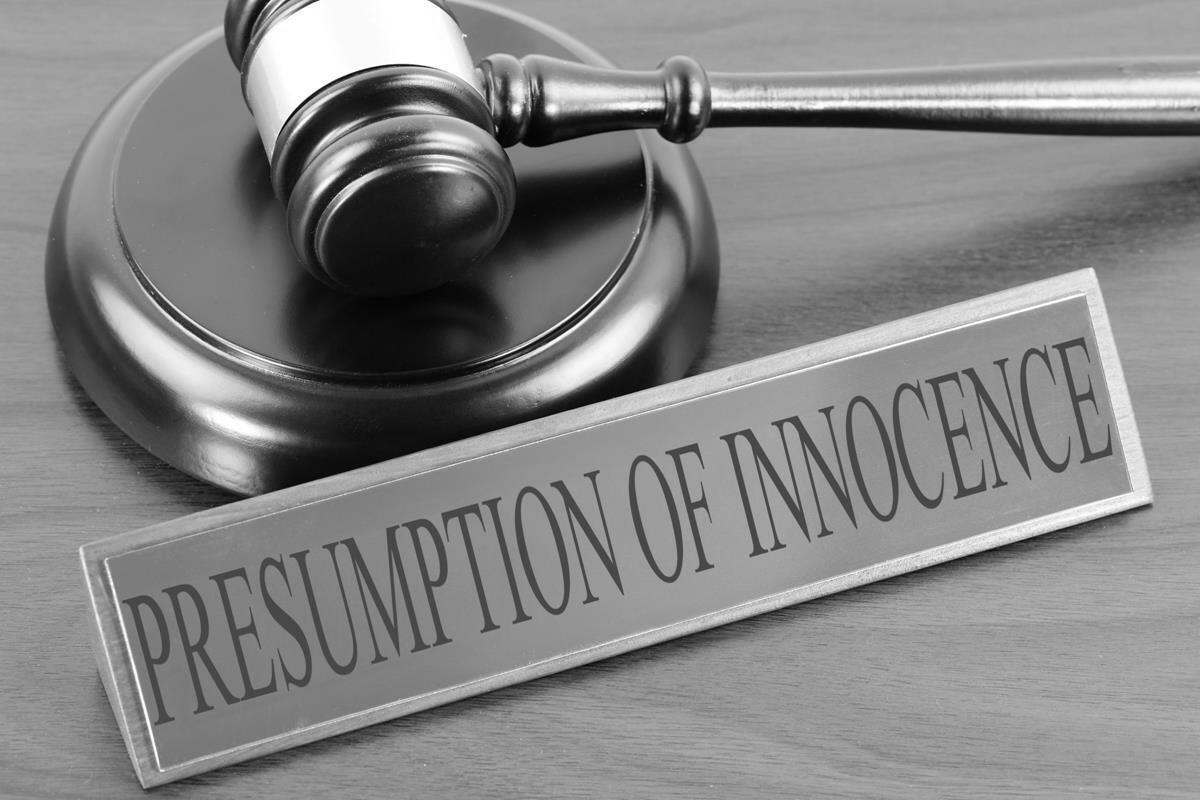Introduction
In our daily lives, we encounter numerous situations that demand our judgment and decision-making abilities. One mental model that plays a crucial role in these processes is the Presumption of Innocence. Originating from the legal domain, this concept refers to the idea that an individual is considered innocent until proven guilty. However, its significance extends far beyond the courtroom. The Presumption of Innocence serves as a fundamental mental framework that influences our thinking patterns, biases, and decision-making tendencies. In this blog post, we will explore the psychology behind this mental model, its prevalence in our lives, and the potential pitfalls that arise when we succumb to its fallacies.
Understanding the Presumption of Innocence
At its core, the Presumption of Innocence is the principle that an individual should be treated as innocent until proven guilty beyond a reasonable doubt. This principle is deeply embedded in the legal systems of many countries, serving as a safeguard against wrongful convictions and protecting individual rights. Beyond the legal context, this mental model operates as a default state of mind, where we tend to assume innocence or goodness in others unless confronted with overwhelming evidence to the contrary.
The Psychology of the Presumption of Innocence
The Presumption of Innocence stems from various psychological biases and cognitive heuristics that are deeply ingrained in human thinking. One such bias is the fundamental attribution error, where we tend to attribute others’ negative behaviors to their character traits while explaining our own actions as a result of situational factors. This bias leads us to give others the benefit of the doubt and assume their innocence while often holding ourselves to a higher standard.
Another contributing factor is the halo effect, which leads us to form a global impression of someone based on a single trait or limited information. If we perceive someone positively in one aspect, we tend to extend that positivity to other aspects, assuming innocence in areas unrelated to the evidence at hand. This cognitive shortcut can distort our judgment and prevent us from critically evaluating the available information.
Examples of the Presumption of Innocence in Decision-Making
Personal Life Decisions:
Imagine you are considering entering into a business partnership with a close friend. Despite receiving information about their questionable financial practices, you assume their innocence based on your long-standing friendship. By falling prey to the Presumption of Innocence, you overlook red flags and make a decision that could potentially harm your personal and financial well-being.
Business Scenarios:
In hiring processes, employers often face the challenge of evaluating candidates’ trustworthiness. By relying on the Presumption of Innocence, an employer may overlook important red flags during background checks and interviews. This can lead to hiring individuals who later engage in fraudulent activities or exhibit unprofessional behavior, ultimately damaging the company’s reputation and financial stability.
Public Policy-Making:
Governments and policymakers are not immune to the Presumption of Innocence. In the context of security threats, assuming innocence without thoroughly investigating potential risks can have grave consequences. Neglecting to assess and address potential threats due to an inherent trust in the presumed innocence of certain parties can compromise national security and public safety.
Cognitive Biases and Underpinnings
The Presumption of Innocence is closely linked to several cognitive biases and heuristics. Availability bias, for instance, causes us to rely on readily available information when making judgments. In the absence of substantial evidence or when presented with limited information, we tend to presume innocence due to the lack of contrary evidence. Confirmation bias also plays a role, as we seek and interpret information in a way that confirms our preexisting beliefs and assumptions, reinforcing the presumption of innocence.
Additionally, the Presumption of Innocence intertwines with our desire for fairness and justice. Humans are wired to prefer positive outcomes and tend to lean toward giving others the benefit of the doubt. This bias toward preserving fairness and avoiding false accusations creates a psychological need to assume innocence until guilt is proven beyond a reasonable doubt.
Identifying and Avoiding the Presumption of Innocence
To overcome the potential pitfalls of the Presumption of Innocence, it is vital to cultivate awareness and adopt strategies for more objective decision-making:
Evaluate evidence critically: Actively seek out and assess evidence that challenges your initial assumptions. Train yourself to look for both confirming and disconfirming evidence to avoid falling into confirmation bias traps.
Recognize cognitive biases: Familiarize yourself with common biases such as availability bias, halo effect, and fundamental attribution error. By acknowledging their influence, you can consciously counteract their effects on your judgment.
Encourage diverse perspectives: Seek out different viewpoints and actively listen to dissenting opinions. Surrounding yourself with diverse perspectives can help you challenge your assumptions and see beyond the Presumption of Innocence.
Practice mindful decision-making: Slow down your decision-making process, especially when it involves critical or high-stakes choices. Engage in deliberate thinking and reflection, weighing the available evidence objectively.
Conclusion
The Presumption of Innocence is a powerful mental model that significantly influences our decision-making processes. By assuming innocence until guilt is proven, we often fall victim to cognitive biases and heuristics that can lead to irrational judgments and adverse outcomes. Recognizing and challenging this mental trap is crucial for making well-informed decisions in our personal lives, business endeavors, and public policy-making. By cultivating awareness, actively seeking diverse perspectives, and critically evaluating evidence, we can navigate through the complexities of decision-making with greater objectivity and avoid the pitfalls of the Presumption of Innocence.
